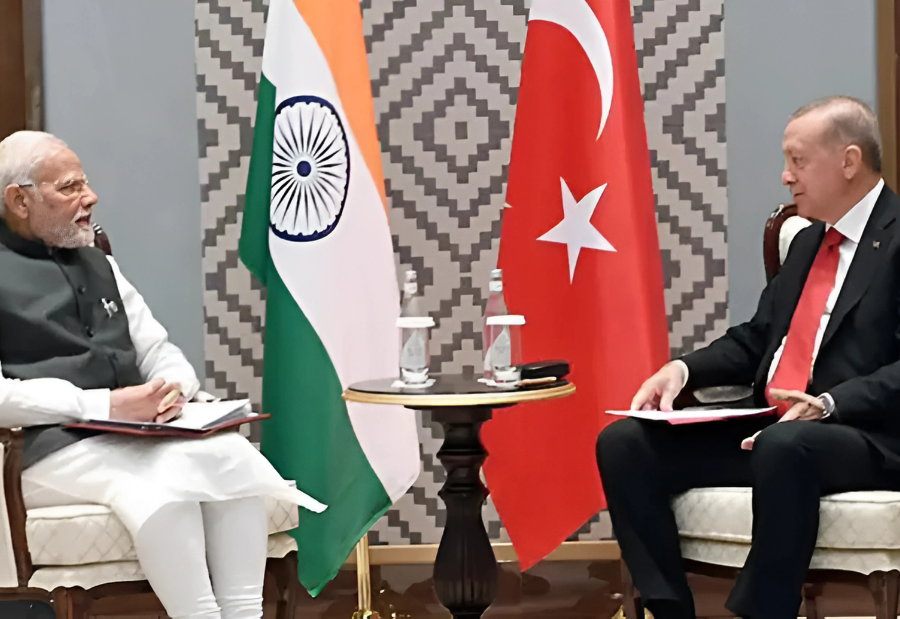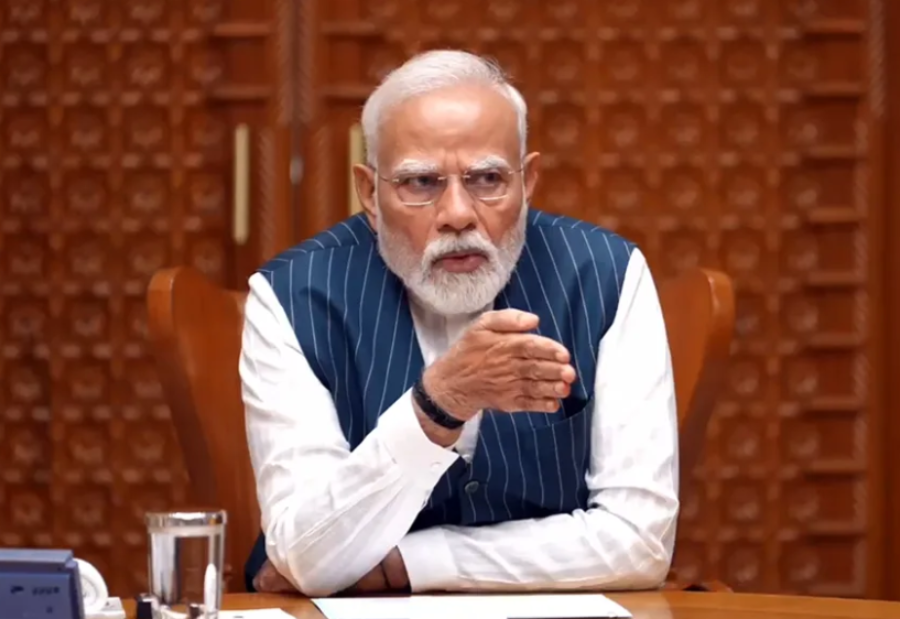India’s commercial and diplomatic relationship with Turkey is facing renewed pressure following Ankara’s open support for Islamabad and its criticism of India’s recent counterterrorism actions in Pakistan and Pakistan-occupied Kashmir. The fallout has sparked widespread calls within India to boycott Turkish products and discourage travel to Turkey, a trend already reflected in declining tourism figures.
But the repercussions extend far beyond tourism. Behind the scenes, the Indian government led by Prime Minister Narendra Modi is quietly undertaking a thorough reassessment of Turkish business involvements across various sectors. According to a senior official speaking anonymously, “all projects involving Turkish firms are under scrutiny, government is re-assessing all ties including the ones which ended.” The focus is on meticulously gathering detailed records and documentation on these partnerships across both public and private sectors.
Turkish enterprises operate in diverse industries within India, including automobile manufacturing, information technology, metro rail infrastructure, and tunneling projects. Their footprint spans at least five states — Gujarat, Maharashtra, Uttar Pradesh, Jammu and Kashmir, and Delhi — with numerous memorandums of understanding signed in multiple fields. Bilateral trade between India and Turkey reached approximately 10.4 billion US dollars during the fiscal year 2024.
A report from the India Brand Equity Foundation revealed that Turkey ranks 45th in foreign direct investment equity inflows into India, contributing around 240.18 million US dollars from April 2000 to September 2024. These investments cover strategic areas such as construction, manufacturing, aviation, metro rail infrastructure, education, and media.
Despite over a decade of trade and technology collaboration, Turkey’s persistent commentary on Kashmir at global platforms and its close alignment with Pakistan have triggered concerns in New Delhi. A senior trade expert associated with the ministry told a news outlet, “All agreements are being scrutinized. Some long-term MoUs or trade deals may remain unaffected for now, but the evolving geopolitical landscape and Turkey’s interference over Kashmir could hinder future investments and trade.”
Key Turkish players in India include construction firms involved in metro projects in Lucknow, Pune, and Mumbai, as well as aviation companies operating at Indian airports. These ventures form critical parts of India’s infrastructure and public services, underscoring the complexity of disentangling these ties.
The recent strain originated from Ankara’s condemnation of India’s strikes against terror camps in Pakistan, especially following Operation Sindoor. The Turkish Foreign Ministry termed India’s actions “provocative” and warned of escalating conflict. Reports have also revealed that Pakistan has been using Turkish-made Asisguard Songar drones, intensifying tensions. India’s air defense systems successfully thwarted these drone attempts, affirming its technological edge.
As the situation unfolds, India’s strategic recalibration of ties with Turkey marks a significant shift in its approach to safeguarding national interests amidst evolving geopolitical dynamics.
Also read: Viksit Workforce for a Viksit Bharat
Do Follow: The Mainstream formerly known as CIO News LinkedIn Account | The Mainstream formerly known as CIO News Facebook | The Mainstream formerly known as CIO News Youtube | The Mainstream formerly known as CIO News Twitter |The Mainstream formerly known as CIO News Whatsapp Channel | The Mainstream formerly known as CIO News Instagram
About us:
The Mainstream formerly known as CIO News is a premier platform dedicated to delivering latest news, updates, and insights from the tech industry. With its strong foundation of intellectual property and thought leadership, the platform is well-positioned to stay ahead of the curve and lead conversations about how technology shapes our world. From its early days as CIO News to its rebranding as The Mainstream on November 28, 2024, it has been expanding its global reach, targeting key markets in the Middle East & Africa, ASEAN, the USA, and the UK. The Mainstream is a vision to put technology at the center of every conversation, inspiring professionals and organizations to embrace the future of tech.




